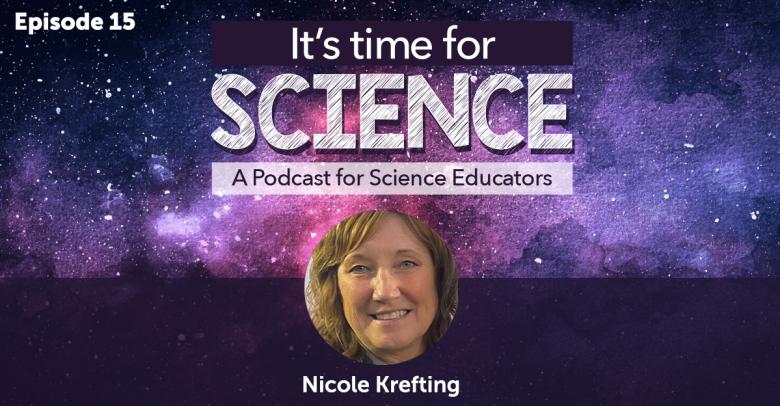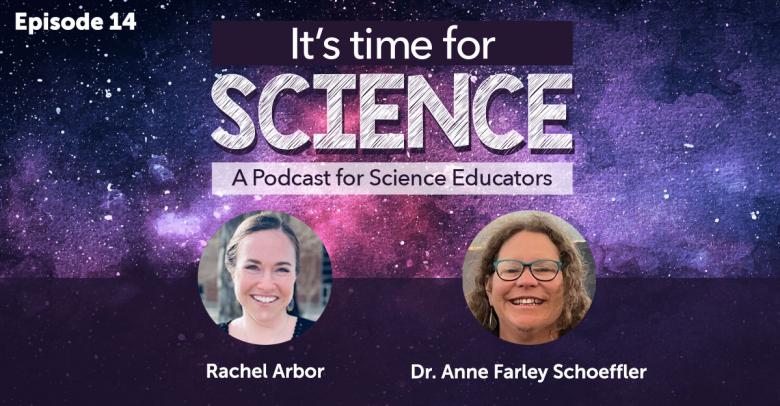Each year since 1987, National Geography Awareness Week, or GeoWeek, is recognized during the third week of November. Created by the National Geographic Society and established by a US Presidential Proclamation, this celebration raises awareness about how we regularly rely on geographical information. And to get the public excited about all things geography!
National Geography Awareness Week in the Classroom
This week-long event highlights and attempts to address the lack of geography education in the American education system. Many students are not taught the basics of geography and cannot name places around the globe. This leads to young adults unable to recognize their roles as global citizens. National Geographic describes this as a “dangerous deficiency in American education.”
NatGeo’s Education Programs (NGEP) organizes GeoWeek with support from institutions and corporations worldwide. Over 100,000 students, families, and community members participate each year. The initiative reminds all citizens about the “significance of place” and the relationships between an environment and its inhabitants.
What we mean by ‘place’ is a crossroads, a particular point of intersections of forces coming from many directions and distances.”
Rebecca Solnit, 2023 AAG Honorary Geographer
Celebrate GeoWeek by Learning
As an educator, you can use geography lessons, games, and classroom challenges, or your school can host an event. This is a great week to schedule meetings with lawmakers and business leaders to understand their perspectives on geography.
If you live near a city, state, or national park, use GeoWeek for a field trip to learn spatial thinking through maps. This useful skill will simultaneously help students develop an understanding of geography, Earth sciences, and environmental sciences.
The lack of importance placed on teaching social sciences means that geography is no longer widely taught in American schools. If it is taught, the teaching focus is on dates and events. The US often lags behind the rest of the world regarding quality and quantity in every facet of geography education.
During GeoWeek, National Geographic hopes to raise awareness about this educational morass to turn the trend around. Their material focuses on human-environment systems and geographic reasoning, as they use the week to promote educational policies on geography literacy, better state standards, and federal funding for teacher training.






Leave a Reply